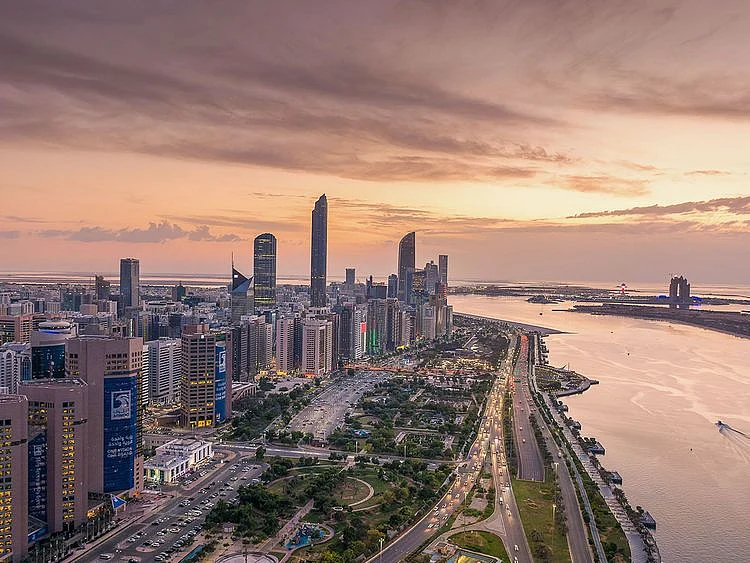In UAE, job creation is happening at fastest rate since July 2016
Easing of inflationary pressures, more orders have businesses pick up pace on new jobs

Dubai: UAE businesses are hiring at the fastest levels since July 2016 as new orders stream in and inflationary pressures drop slightly, according to the latest PMI data from S&P Global.
The gains on the Employment Index signals a 'solid boost to workforces'. "The jump in employment levels reflected the recent trend of improving demand conditions, with some companies noting that rising new order intakes led to a need for greater labour capacity," the report finds.
Businesses in light industrial and the service sector drew much of the increased hiring, while logistics and supply chain focussed businesses too are adding jobs. What remains to be seen is whether these represent part of a continuing trend or are more of one-off instances.
For now, though, businesses are reporting higher orders - and that justifies the need to pad up workforces.
On new orders, the 'rate of growth accelerating to a five-month high, albeit remaining below the post-Covid peak seen in late-2021," said David Owen, Senior Economist at S&P Global Market Intelligence. "Similarly, output levels expanded at the quickest rate for five months, while the outlook for future activity was up to the highest since last October."
Clearly, in March, UAE businesses shed some of the concerns that had been there towards the close of 2022 and filtered through into the initial months of this year. This had to do with sentiments about the rising interest rates and what this would do to the cost of operations, and whether the global economy could find itself in a prolonged recession.
The new orders coming in over recent weeks have calmed those concerns to an extent. "Firms are still benefitting from relatively mild inflationary pressures, despite stronger market conditions and increased staffing demand driving a quicker rise in wages," said Owen. "This allowed firms to reduce their output charges further in the face of strong market competition, with a number of panellists mentioning extra discounts to customers."
March PMI
For March, the UAE's PMI (Purchasing Managers Index) is at 55.9 and a solid improvement on the 54.3 for the month before. The PMI score denotes how well or otherwise businesses are doing on new orders, hiring, and their general sentiments on medium-term prospects. (A score less than 50 denotes contraction.)
"The latest PMI reading of 55.9 in March reflected concerted efforts by non-oil companies to boost their capacity levels in the face of strengthening demand conditions," said Owen. "The sub-indices for employment and stocks of purchases rose to 80- and 60-month highs respectively, signalling notable uplifts in staffing numbers and inventories in the latest survey period."
Improved business sentiments
As of now, the outlook for future activity in the UAE non-oil economy is up to a five-month high and 'aligned with the average sentiment level seen since the COVID-19 pandemic began', the report notes. "Firms were generally hopeful that continued market growth will provide increased opportunities over the next 12 months."
The recent decision by OPEC+ to bring a further 1.16 million barrel a day cut to output from May until year-end is already sitting well on oil prices. This too should filter through to other sectors of the local economy, though business owners will need to closely monitor what this means for their transport and supply costs.
Sign up for the Daily Briefing
Get the latest news and updates straight to your inbox
Network Links
GN StoreDownload our app
© Al Nisr Publishing LLC 2025. All rights reserved.